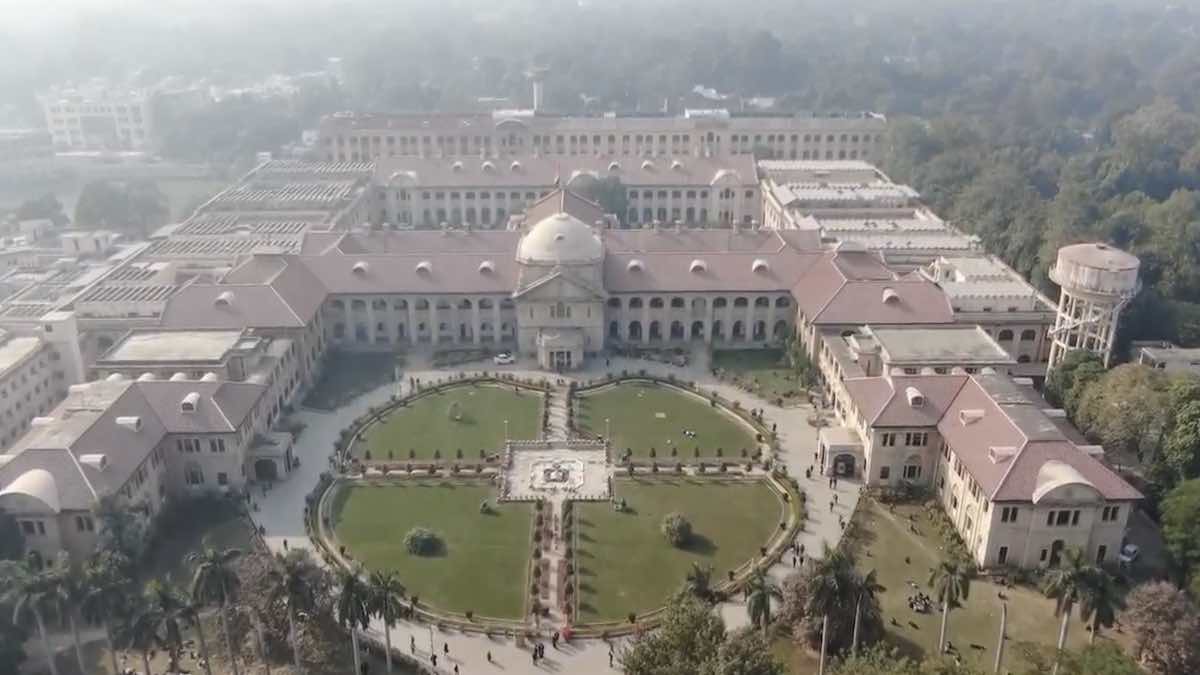In a significant Judgment, the Allahabad High Court has held that a married daughter is entitled to be considered for compassionate appointment, even though necessary amendment has not been done in rules after the Judgment to Court striking off ineligibility of married daughters. Background The petitioner’s mother was inducted as an Assistant Teacher in the
To Read More Please Subscribe to VIP Membership for Unlimited Access to All the Articles, Download Available Copies of Judgments/Order, Acess to Central/State Bare Acts, Advertisement Free Content, Access to More than 4000 Legal Drafts( Readymade Editable Formats of Suits, Petitions, Writs, Legal Notices, Divorce Petitions, 138 Notices, Bail Applications etc.) in Hindi and English.







